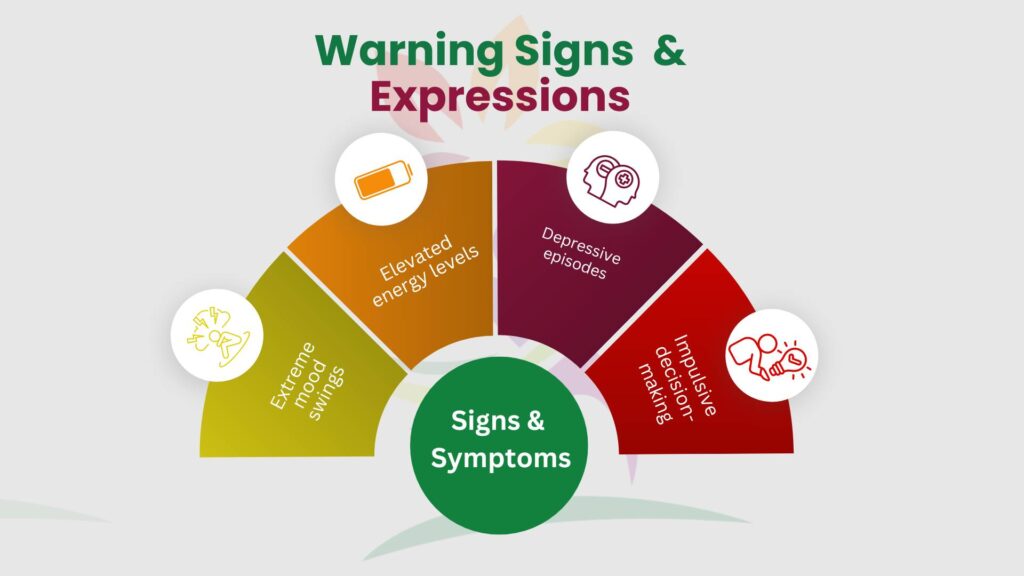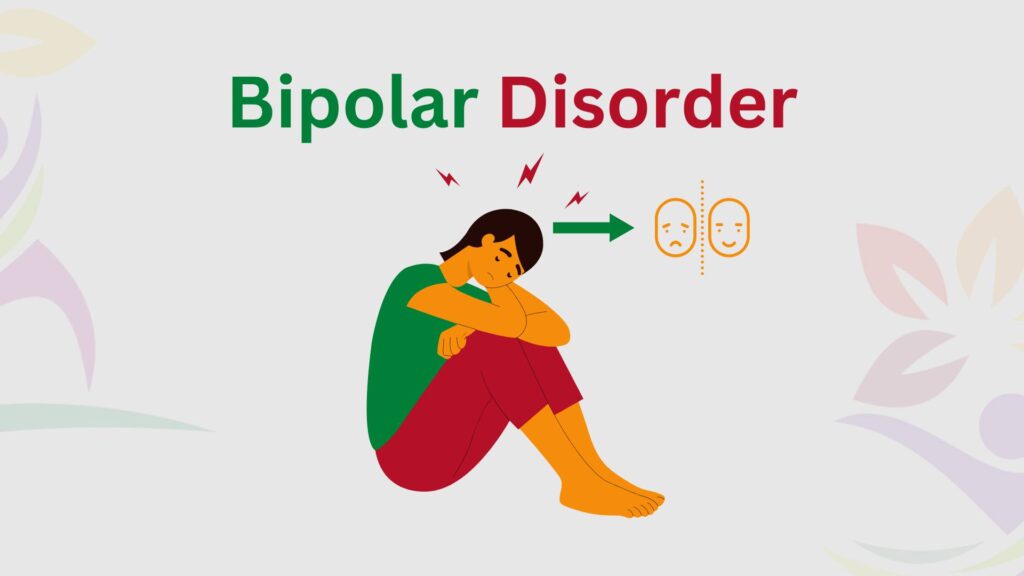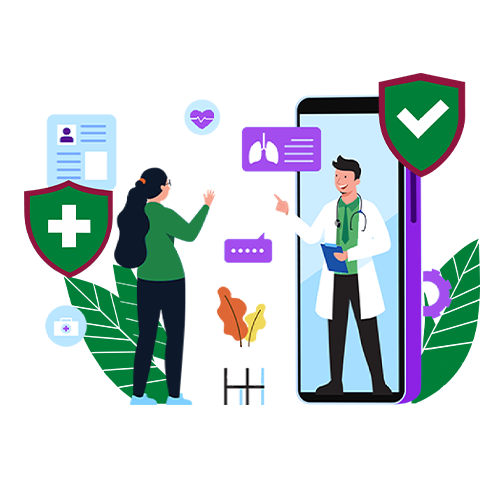If you are experiencing sudden mood swings frequently, and are most excited and full of energy at one moment, and the next, start feeling depressed, you might have Bipolar Disorder. This condition often includes periods of extreme highs, known as mania, and lows, or depression. These episodes can last for days, weeks, or even months. It’s important to seek medical advice if these symptoms are affecting your daily life, as proper treatment can help manage the condition.
Quick Links
ToggleBipolar Disorder
Bipolar Disorder is a serious mental health condition when you experience severe mood swings, ranging from euphoria (abnormal excitement or happiness) to depression. Sometimes, you feel extremely sad or depressed, drained and hopeless. You might lose interest in most of the activities that you might enjoy doing.
While at other times, you experience mania. You start feeling overly excited, and full of energy. These fluctuations in mood affect daily life activities such as sleep, thinking, behavior, judgment, activities, relationships, and work.
Check Also: How to Sleep Well
Signs & Symptoms
You need to understand the signs of Bipolar Disorder to get proper treatment. You may feel different symptoms based on what phase of the disorder you are in. Some of the signs of Bipolar Disorder are:

- Mania Episodes: Unusually elevated mood, energy, and activity. You may feel excited, happy, over-confident, or unbeatable. In these situations, you might engage in risky behaviors, jump from one idea or the other easily get distracted, become hyperactive, and feel like you don’t need sleep but still feel energetic. You may start believing that you have special powers.
- Depressive Episodes: Feelings of deep sadness, emptiness, downheartedness, worthlessness, and a lack of energy. You may start blaming yourself for the uncontrollable things and the things you are not responsible for. You may lose interest in everything, have difficulty concentrating on different things or making decisions, or even have thoughts of self-harm.
- Mixed Episodes: Mixed emotions like you might feel hopeless and empty but high in energy. These situations are most confusing and the chances of self-harm increase.
- Symptoms in Females: Women might switch moods faster and are more likely to have mixed states due to hormonal changes during menstruation, pregnancy, or menopause.
Causes & Triggers
Several factors can contribute to the development of Bipolar Disorder:
1- Genetics
You are more likely to inherit Bipolar Disorder if someone in your family has it. However, genetic factors are not the only cause, as environmental influences also play a significant role.
2- Structure of Brain
According to recent research, differences in the structure and chemistry of the brain may play a role in the development of Bipolar Disorder. Abnormalities in neurotransmitters such as dopamine can cause mood instability.
3- Environmental Factors
Many factors like stressful life events, trauma, and significant life changes can trigger Bipolar Disorder. It is the most common cause of Bipolar Disorder in Pakistan, as there is more societal pressure and financial hardships in Pakistan.
Treatment
Bipolar Disorder can be life-long, but you can be able to manage it with the appropriate treatment. You should consult a doctor and seek help if you’re experiencing symptoms. Here are some treatment options available:
Psychotherapy
This treatment involves working with a mental health professional to identify and change harmful thoughts, feelings, and behaviors. Cognitive-behavioral therapy (CBT) is particularly effective for managing Bipolar Disorder.
Lifestyle Changes
By changing your lifestyle, you can manage your symptoms better. Adopting a healthy lifestyle like exercising regularly, eating a balanced diet, getting sufficient sleep, and stress management techniques can make a significant difference.
Check Also: What should you eat on an empty stomach to stay healthy?
Support Groups
Joining a support group can provide you with a sense of community and understanding. In Pakistan, online and in-person support groups are becoming more accessible, allowing you to connect with others who are going through similar experiences.
Medication
Medication such as antipsychotic drugs or anti-depressants can help to make your mood stable, but finding the right combination that works for you might take time. It’s crucial to be patient and communicate with your doctor to discuss how you’re feeling. Remember, taking your medication as prescribed is essential for managing your symptoms effectively.
Conclusions
Just finding your that you have Bipolar Disorder may be overwhelming, but with the right approach, you can take control of your mental health and lead a successful life. Understanding the symptoms, causes, and treatment options is the first step toward managing the illness.
If you have the symptoms of Bipolar Disorder, consult a medical professional and discuss your situation. At Fitwell Hub, we have professionals who can help you cope with the disease. Book an appointment today to get started on the journey of leading a successful life.














